Bringing together Finance and Business in a New Transition Lab
In February, North Star Transition hosted the first round of the Regenerative Investment Lab, in partnership with UCL’s Climate Action Unit and Preventable Surprises. We asked Matthew Phan to report back on the proceedings.
In February 2022, North Star Transition brought together two previous initiatives, the Finance Transition Lab – which met for three sessions last year and were discussed here (Dialogue 1 and Dialogue 2) – and its sister effort the Business Transition Lab. We merged the two initiatives because we felt they complemented each other so well, with both the finance and business worlds operating in the same field, albeit on different sides of the same challenge. Can we really beging to imagine what a regenerative business system would look like, if we did not bring finance and business together?
The result was the Regenerative Investment Lab.
On one side, finance supplies capital and demands regenerative assets, while needing to transition investment governance and process. On the other side, business can supply regenerative investment opportunities and demands like-minded capital, while needing to transform business governance and practice. Finance and business are symbiotic and the energy of both is needed to change our current economic model.
What did we do?
Around 20 prior participants of various backgrounds came together to once again dig out root problems and ideate solutions. The key differences, however, from last year’s Labs were:
First, we organized the multiple issues raised in prior sessions into six themes – Governance; Strategy and Capital Allocation; New Markets and Products; Policies and Regulation; Skills and Culture; Measurement and Assessment
Second, we asked participants to ideate specific projects they could see themselves engaging in, to address one or two of the root problems discussed in our prior sessions
In addition, we updated participants on the strong progress of a few of North Star’s ‘place-based’ Transition Labs, including the wonderful effort in Wales and the first steps being taken in Scotland, as well as the exciting doors that may open in India and Africa.
We offered participants the opportunity to ideate solutions for concrete challenges we are encountering in these specific locations, or to instead address challenges in their particular workplaces, or parts of the financial or business world they operate in – this is critical as we wanted to ground the discussions in practical problem solving and execution.
We note that our efforts take place within the context of great changes in our financial system and world more broadly. Numerous efforts are underway at very high levels which seek to change finance, and we emphatically want our initiatives to be additive, differentiated and complementary, rather than duplicative, yet ambitious and scalable – and that is why we have designed them the way we have.
So, how did it go?
In fairness, mixed.
The New Markets and Products breakout room had an excellent discussion. It was a group of four, with each person from different worlds of business consulting, journalism, sustainable finance, and traditional finance. The industry insiders shared personal experiences as to why finance often doesn’t flow better to regenerative assets, the consultant dug in with analyses and suggestions, and the journalist/editor connected the dots with context and examples. Discussion filled the nearly 20-minute allotment and participants left the room with energy.
The other rooms also sprouted great insights – the Policies and Regulations breakout re-emphasized the power of having diverse voices form policy so as to capture needs across the whole system, while the Skills and Culture discussion connected to multiple issues including board governance, and the Governance discussion surfaced the opportunities to shift current thinking on the primacy of shareholders in decision-making, or the relationships between management and boards. However, one challenge encountered was the temptation to stay high level, rather than moving into the realm of the actionable. Also, we see more potential going forward in participants using the Regenerative Investment Lab as a way to explore and pilot test ideas within the context of our place-based Wales and Scotland Labs.
The participant polls we took were also instructive – participants voted Regulation and Governance as most critical of the six to get right, with Measurement a surprising last (given the priority data is given within financial institutions); but when it came to choosing breakout rooms to enter, it was instead New Markets and Products and Governance that got the most people. We thought this might reflect where people felt best able to contribute.
Overall, feedback has been very positive. One participant noted the good balance between concepts and action-based work, and between mapping out the strategic challenges and articulating a process via which the group can come up with solutions and action plans. Several participants indicated strong interest to stay involved.
So what next?
We are very focused on driving action at North Star Transition - hence we’re at the point where we want to change gears from last year’s discussions. We are now developing a proposal to invite participants to an 18-month process where they will work with stakeholders to, within each of the six themes above, map out the problems and come up with and execute solutions.
North Star Transition will coordinate and link the different areas, ensuring both a systemic lens on the issue and an ability to spot opportunities to change the way finance and business works together in a particular place, say Wales. We’re still working on the details – and recognise we will probably not know the perfect path ahead. But we’re comfortable with that; the process will take humility, creativity, collaboration and courage. Stay tuned.


